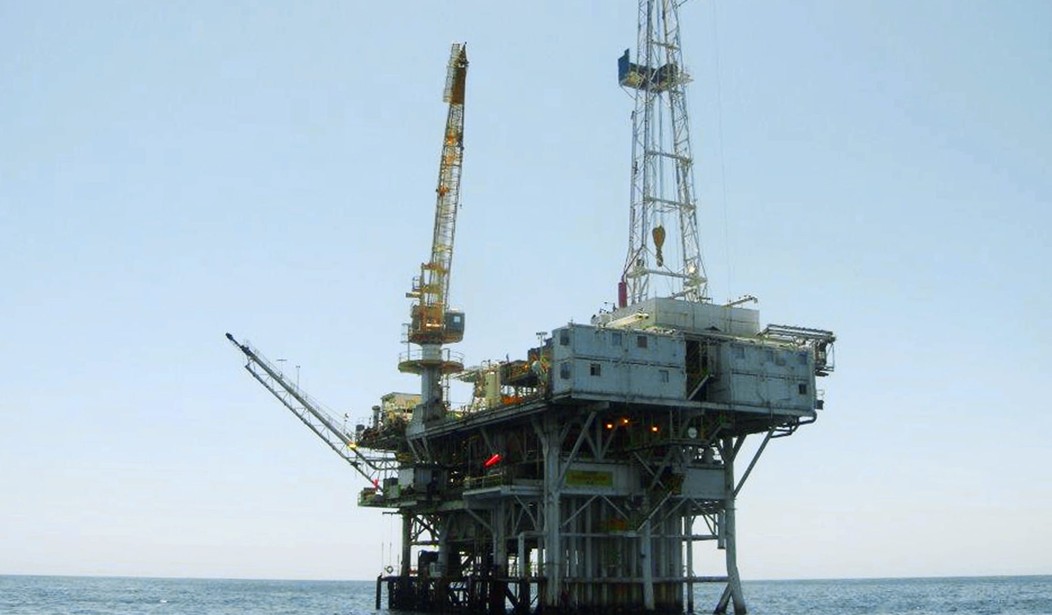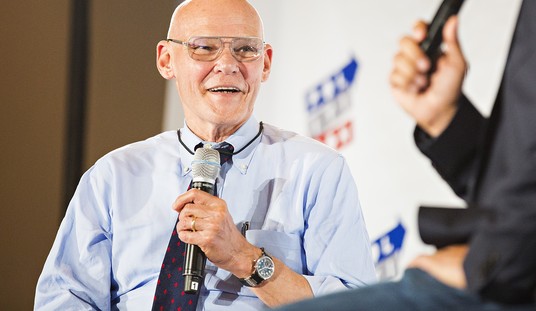WASHINGTON — A Washington state Republican protested that the Trump administration’s draft proposal to open almost all of the coastline to oil and gas drilling would be harmful, while the GOP chairman of the House Natural Resources Committee argued it’s a necessary move for energy independence.
Interior Secretary Ryan Zinke said Thursday that the National Outer Continental Shelf Oil and Gas Leasing Program for 2019-2024, which would flip the current status of being 94 percent off-limits to more than 90 percent available for drilling, would be “the right balance to protect our coasts and people while still powering America and achieving American energy dominance.”
“Responsibly developing our energy resources on the Outer Continental Shelf in a safe and well-regulated way is important to our economy and energy security, and it provides billions of dollars to fund the conservation of our coastlines, public lands and parks,” Zinke said. “Today’s announcement lays out the options that are on the table and starts a lengthy and robust public comment period. Just like with mining, not all areas are appropriate for offshore drilling, and we will take that into consideration in the coming weeks.”
The Interior Department said more than 800,000 comments from stakeholders have been received thus far, and the public will have additional opportunity to comment before the plan is finalized.
Rep. Dave Reichert (R-Wash.) said he’s “deeply concerned” about broadly opening up new oil and gas drilling opportunities in the Pacific and Atlantic oceans, Gulf of Mexico, and off the coast of Alaska.
“This moves America in the wrong direction and has the potential to have a negative lasting effect on our oceans as well as the shorelines of states on these coasts,” Reichert said. “Our country is at the forefront of developing efficient and cost effective alternative energy technologies and we should continue to support innovation in this area. These energy solutions of the future must be a part of our energy plan.”
The congressman led a bipartisan letter to Zinke in May asking that the administration maintain the status quo on regions currently off-limits to drilling, citing in part the 1969 Santa Barbara blowout that coated 35 miles of shoreline in oil and killed 3,700 seabirds along with an untold number of fish and marine mammals.
Rep. Mark Sanford (R-S.C.), who also signed that letter, said it’s an issue of local control.
“Whether you are for or against offshore drilling, I think we could all agree that locals should have some degree of voice on what happens in their backyard. Accordingly, I think it speaks very loudly that every single coastal municipality in South Carolina – and over 140 municipalities along the East Coast – have formally opposed oil and gas development off the Atlantic coast,” Sanford noted.
“Unfortunately, this proposal explicitly ignores local opposition because it is the single largest expansion of offshore drilling activity ever proposed,” he added. “In the case of the Atlantic Outer Continental Shelf, drilling hasn’t been allowed in over thirty years. I don’t think the arguments in favor of changing this policy are there, particularly when weighed against what most engineers suspect would be at most a four-month supply of oil reserves for our country.”
Sen. Marco Rubio (R-Fla.) said he still backs the moratorium in the Eastern Gulf of Mexico; he’s introduced legislation to extend the moratorium from a 2022 expiration date until 2027.
“As the Department of Interior works to finalize their draft plan, I urge Secretary Zinke to recognize the Florida congressional delegation’s bipartisan efforts to maintain and extend the moratorium in the Eastern Gulf of Mexico, and remove this area for future planning purposes,” Rubio said.
Another lawmaker in a coastal state, House Majority Whip Steve Scalise (R-La.), lauded Zinke’s announcement as “yet another positive step the Trump administration has taken in the direction of American energy dominance.”
“With this program, my constituents in southeast Louisiana whose jobs depend on the energy industry can rest easy knowing that oil and gas development is a priority for this administration,” Scalise said in a statement. “With increased exploration and production in the Gulf of Mexico and beyond, we will be able to create more jobs and continue to receive the revenue sharing that is vital to rebuilding our coast.”
Natural Resources Chairman Rob Bishop (R-Utah) said Trump needs to move from “the premise of considering ‘as little as possible’ to “considering ‘as much as possible'” to achieve American energy dominance.
Florida Gov. Rick Scott was critical of the move, saying his “top priority is to ensure that Florida’s natural resources are protected.” White House press secretary Sarah Huckabee Sanders said their “goal certainly isn’t to cross Governor Scott.”
“Just because we may differ on issues from time to time doesn’t mean that we can’t still have an incredibly strong and good relationship,” Sanders told reporters at the daily briefing. “We’ll continue those conversations with him and hopefully all come to an agreement.”









Join the conversation as a VIP Member